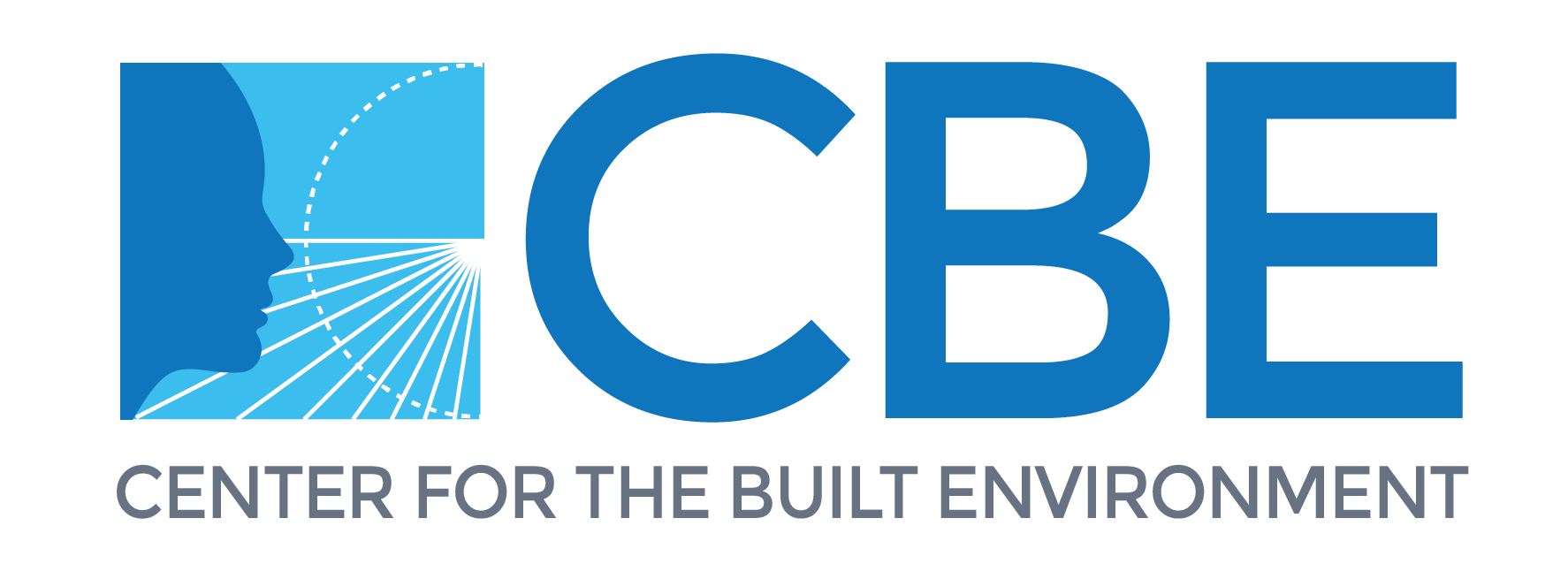
October 17, 2018 9:00 AM - 4:30 PM
More than ten years ago the California Energy Commission (CEC) and California Public Utilities Commission (CPUC) established aspirational goals of Zero Net Energy (ZNE) for all new residential construction by 2020 and all new nonresidential and highrise residential construction by 2030 with half of existing buildings being renovated to ZNE by 2030.
Over the past decade these goals have evolved and the steps to achieve them have been discussed, debated, and fleshed out. The definition and implementation path for ZNE, the metrics to be employed, and role of the electric grid and utility infrastructure have all evolved over time and continue to evolve. More recently, awareness has grown that ZNE is not a goal in itself, but simply a step towards deep reductions in greenhouse gas emissions. Decarbonization of the California economy is now seen as essential to achieving the state’s 2050 greenhouse gas targets.
A group of exceptional speakers discussed topics related to state policy as well as building design and operations essential to moving to ZNE and beyond toward an efficient, low-carbon California.
This event took place at the PG&E Pacific Energy Center, San Francisco, CA and was also viewed by live webcast. It was co-sponsored by the ASHRAE Golden Gate Chapter, Center for the Built Environment, and PG&E Energy Training Centers.
Location and Registration
This event took place at the PG&E Pacific Energy Center, San Francisco, CA and was also viewed by live webcast.
Speakers and Presentations
-
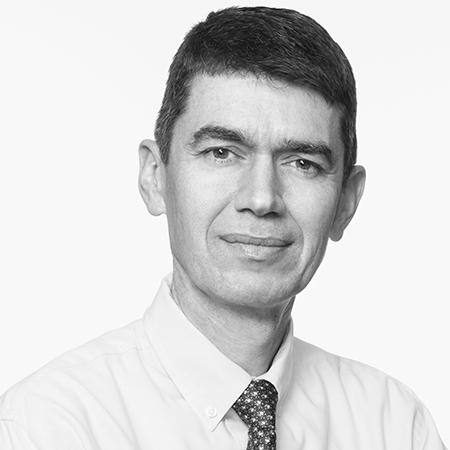
Pierre Delforge
Senior Policy Advocate, Center For Energy Efficiency Standards, Climate & Clean Energy Program, NRDC
Presentation: Policy Pathways to Building Decarbonization
Pierre Delforge joined NRDC in 2010 after a 20-year career in the high-tech industry. At NRDC, he works on policies to accelerate the clean energy transition in buildings, with a focus on energy efficiency in plug-in equipment and on the decarbonization of fossil gas end uses, such as space and water heating. Previously, Delforge was lead energy and climate strategist for Hewlett-Packard’s sustainability group. He began his career in the United Kingdom and France before moving to Silicon Valley in 2004. He holds degrees in computer science from Cambridge University and L’Ecole Centrale Paris. He is based in San Francisco.
-
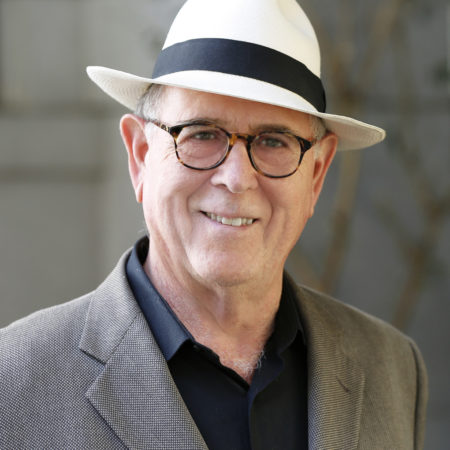
Charles Eley, FAIA, PE
Consultant
Presentation: Architecture 2030 ZERO Code
Charles Eley is an architect, mechanical engineer, and author with 40 years of experience in energy efficient and sustainable design. His latest book is
Design Professional’s Guide to Zero Net Energy Buildings (Island Press 2016). During his career, Mr. Eley has made significant contributions to the California energy standards, ASHRAE Standard 90.1, and energy codes in Hong Kong, Hawaii, Guam, American Samoa and Australia. Mr. Eley worked as the lead consultant to the California Energy Commission to update the state energy efficiency standards for five code update cycles. Mr Eley currently writes, serves on non-profit boards, provides specialized consulting, and teaches classes on building energy efficiency and green technologies. -
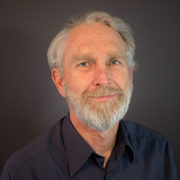
Erik Kolderup PE, LEED AP, BEMP
Principal, Kolderup Consulting
Presentation: ASHRAE Standard 209
Erik Kolderup provides consulting services focusing on energy efficient design of commercial and institutional buildings. He identifies and evaluates design alternatives to optimize the integrated performance of a building’s systems. He employs computer simulation tools and other analysis methods to assist building designers in planning, designing, and specifying high performance systems. His experience covers envelope, lighting, daylighting, natural ventilation, and HVAC systems. His special interest is developing integrated design strategies for natural ventilation and daylighting. Mr. Kolderup is based in San Francisco, California and has provided sustainability and energy consulting services since 1990. Mr. Kolderup started Kolderup Consulting in 2007.
-
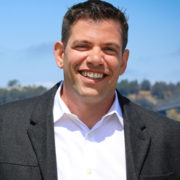
Hormoz Janssens, PE, LEEP AP
Managing Principal, Interface Engineering, San Francisco
Presentation: Building-Scale Electrification
Hormoz Janssens is a Principal and Project Manager at Interface Engineering. Obtaining a Bachelor of Science in Mechanical Engineering at University of Iowa, he brings over 20 years of experience in mechanical system design and project management to Interface from a variety of project types. This includes Universities, colleges, K-12, hospitals, commercial offices, mixed-use, senior housing, data centers and laboratories. Focusing his career on sustainable design, he has completed multiple LEED Platinum projects as well as designed over fifty additional LEED projects, CHPS (Collaborative for High Performance Schools) projects, and Net Zero Energy and Living Building Challenge Projects nationally and internationally.
-
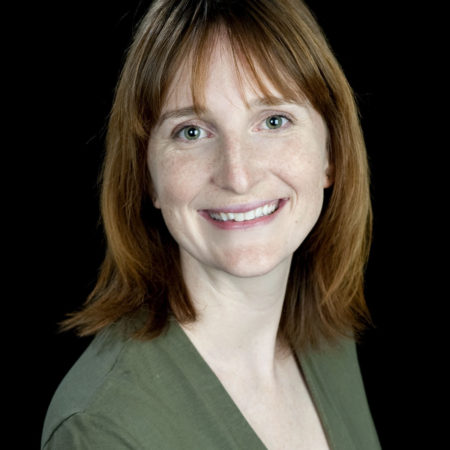
Rachel Kuykendall
Program Manager, Sonoma Clean Power
Presentation: Thinking Beyond the Building: A Community Choice Perspective
As Sonoma Clean Power’s Programs Manager, Rachel Kuykendall is responsible for program design and implementation in the areas of distributed renewable energy, energy efficiency, demand response, electric vehicles, and other areas that reduce greenhouse gas emissions and support affordable energy for customers. She currently manages an incentive program helping homeowners recover the 2017 North Bay wildfires as well as Sonoma Clean Power’s demand response program.
-
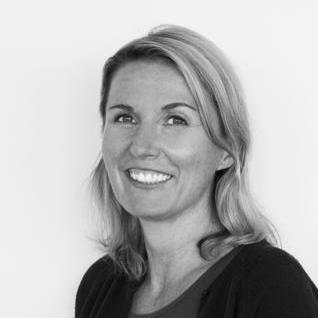
Dr. Aoife Houlihan Wiberg
Assoc. Prof. of Architecture and Design, Norwegian University of Science and Technology
Presentation: A Norwegian approach to Zero Carbon Communities: The path from ZEB to ZEN
In the Research Centre for Zero Emission Buildings, Aoife Houlihan Wiberg has spent the past six years developing concepts and strategies for zero emission buildings, in addition to developing a method to calculate embodied emissions from materials in buildings. She is currently leading research to develop a user centered architectural and urban toolbox for use in the new The Research Centre on Zero Emission Neighborhoods in Smart Cities (ZEN) in 2017. Aoife completed her PhD at the University of Cambridge in 2010. She was previously elected Chartered Member of The Royal Institute of British Architects and gained six years experience working in practice in Malaysia, London, and Dublin.
-
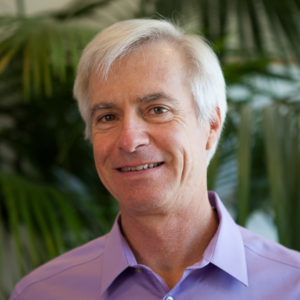
Tom Williard
Principal Sage Renewables
Presentation: Battery Energy Storage Market Overview
Tom has more than 15 years of experience as a professional energy consultant, with a focus on the development of technical and financial models used to assess renewable energy systems and to predict potential energy generation and financial performance, serving as CEO since Sage’s inception. In 2013, Tom cofounded SolEd Benefit Corporation and wrote the project financial models used to structure PPA and lease financings that reduced the cost of renewable energy projects for public schools. He also cofounded Solmetric, a company that developed the SunEye, a high precision instrument used in the solar industry to measure shade characteristics.
Continuing Education
The in-person program qualified for 6.5 AIA Continuing Education learning units/HSW.
LEED: See the GBCI Credential Maintenance Program Guide for information on self-reporting attendance at this program to support General Continuing Education (CE) hours required for maintenance of LEED Green Associate and LEED AP credentials.
Sponsors
Platinum

Gold

Silver

Organizers

